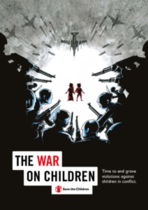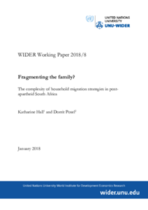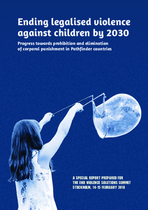The War on Children: Time to end grave violations against children in conflict
This report from Save the Children identifies concerning trends for the safety and wellbeing of children living in areas impacted by conflict, through analysis of the United Nations Annual Reports of the Secretary General on Children and Armed Conflict (CAAC) and new research by the Peace Research Institute Oslo (PRIO).



